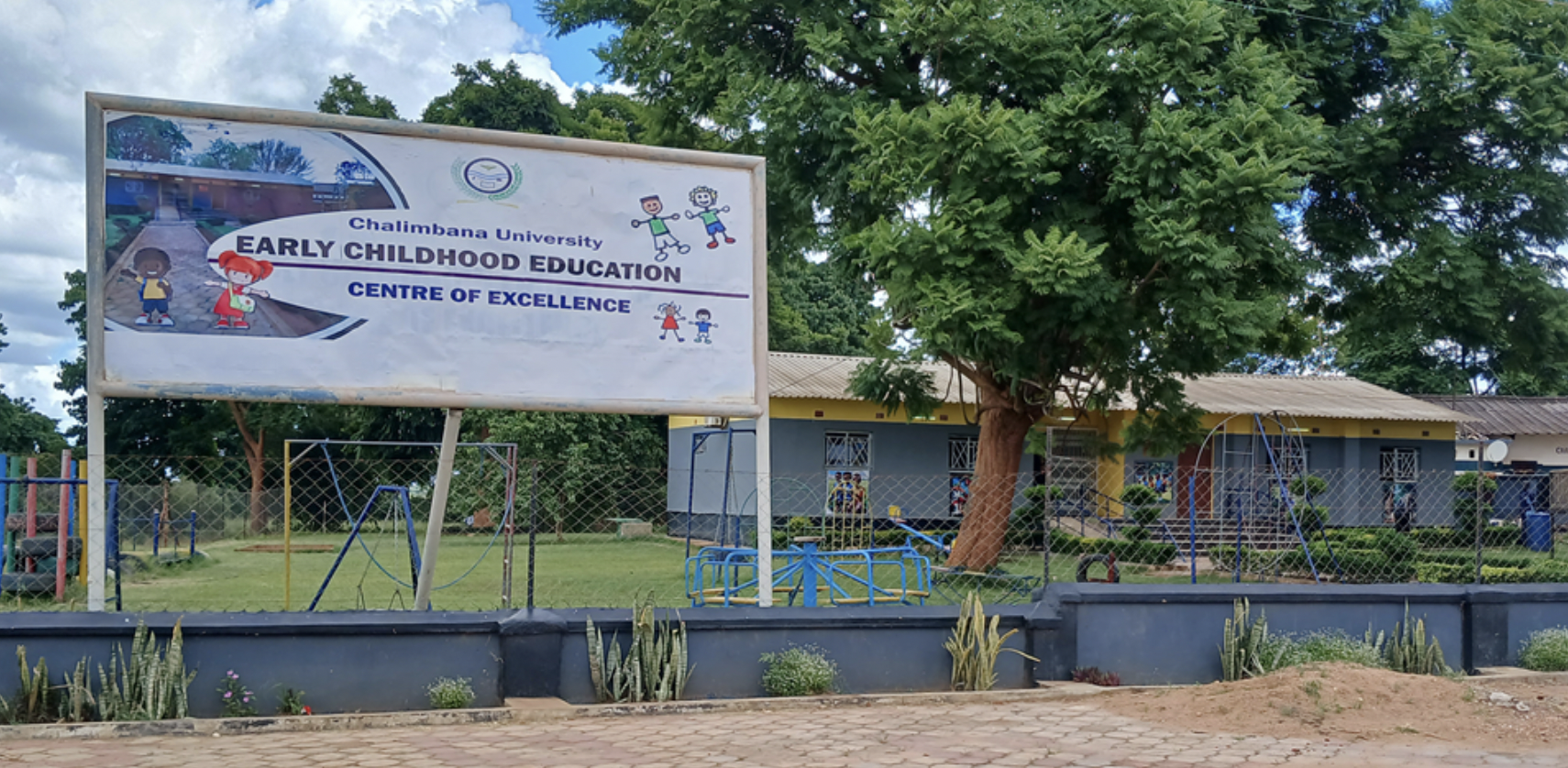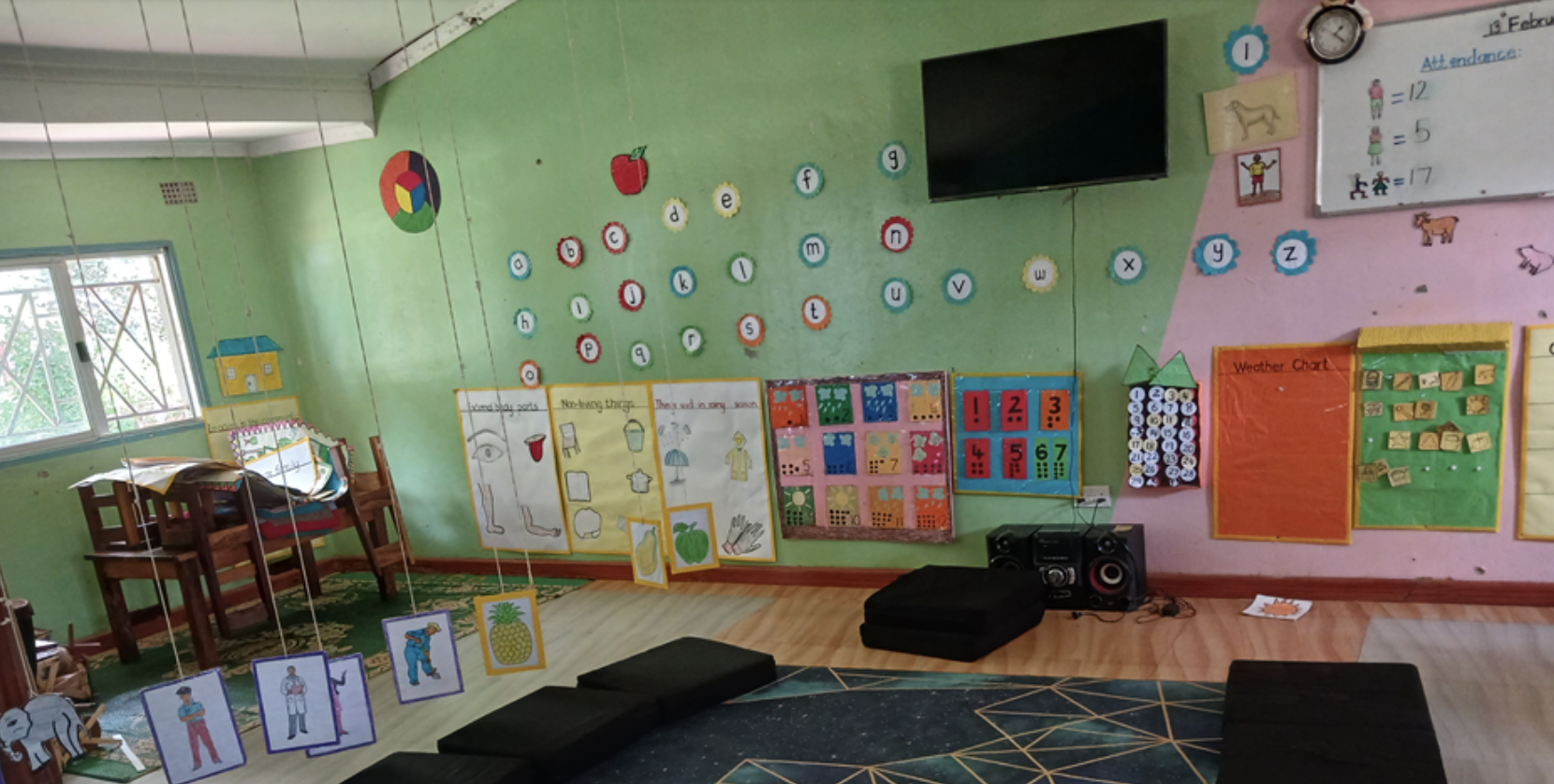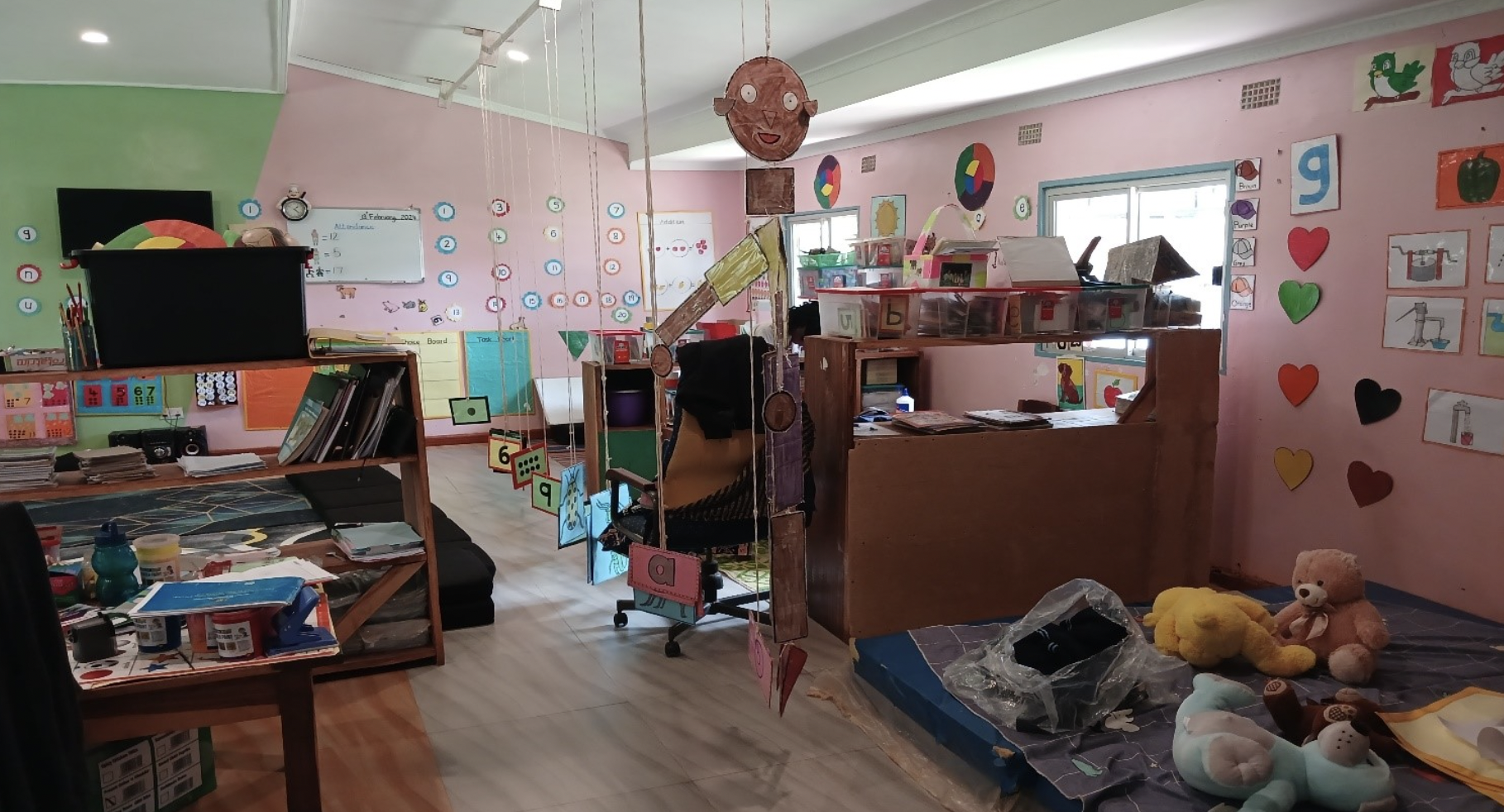By: Namakau Noyoo
12 Aug, 2024
Responding to Learning Needs of Early Childhood Children through Teacher Training in Zambia
This is the fourth of our ten-part blog series by African Early Childhood Development (ECD) researchers.
Authors: Grant Mapoma Mwinsa, Rose Chikopela - Lecturers, Chalimbana University, Zambia, and Daniel L. Mpolomoka - Lecturer, Unicaf University, Zambia. (*Daniel L. Mpolomoka and Rose Chikopela were the only researchers sponsored by ESSA and REAL Centre.)'
 Photo:
Researchers
Photo:
Researchers
 Photo:
Researchers
Photo:
Researchers
 Photo:
Researchers
Photo:
Researchers